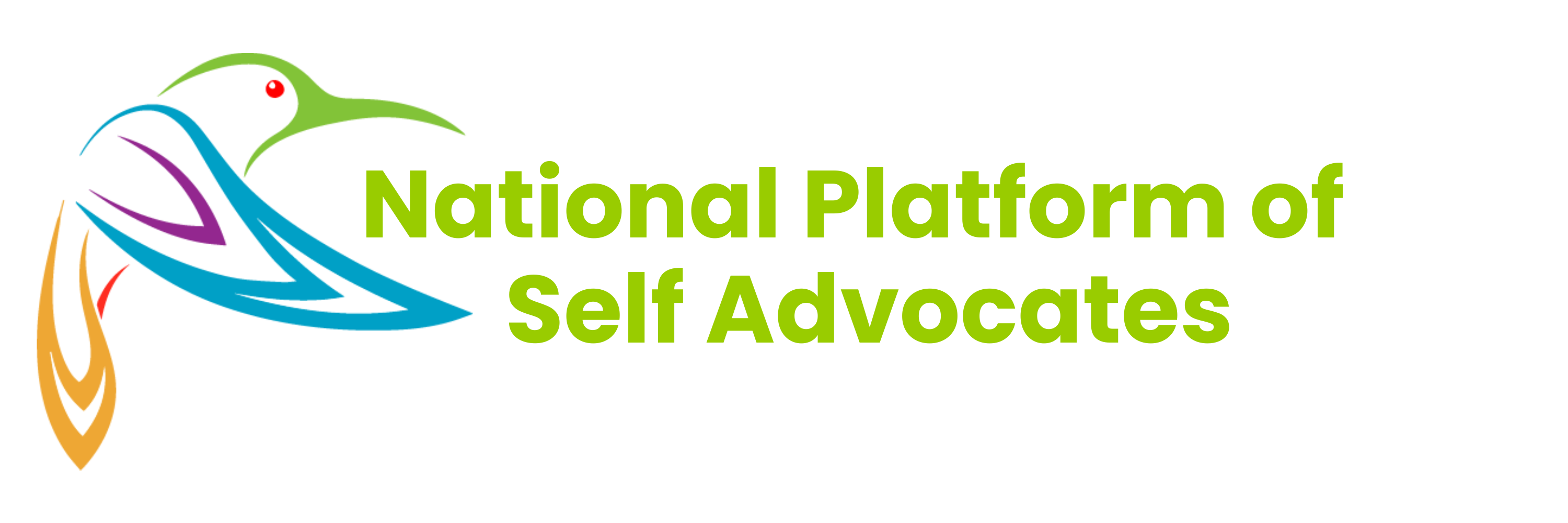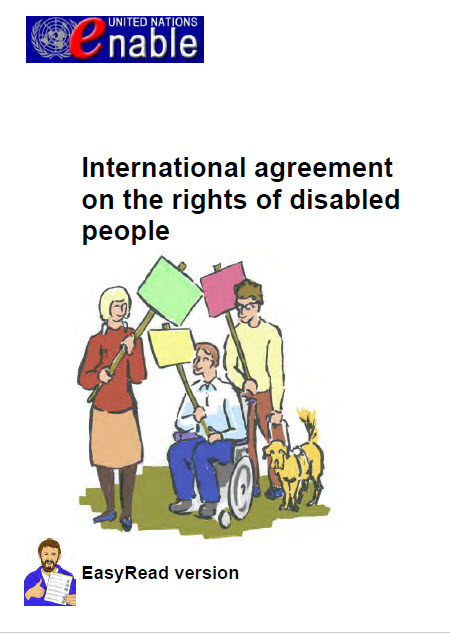The United Nations Convention on the Rights of Persons with Disabilities, or UNCRPD, is a human rights treaty developed by the United Nations. It outlines the rights of people with disabilities.
Ireland signed the UN CRPD in 2007. It ratified it in March 2018. Ratification means that the government has promised to change laws and policies to make sure people’s rights are recognised and upheld. So the government is implementing the UN CRPD and this is being monitored by the Irish Human Rights and Equality Commission ( IHREC). IHREC have a Disability Advisory Committee that advise them on this work.
The UNCRPD is very important for people with disabilities. Here’s how it impacts their lives:
1. Recognition of inherent dignity and equal rights:
The CRPD recognizes the inherent dignity and worth of all individuals, including those with disabilities. It affirms that persons with disabilities are entitled to the same human rights and fundamental freedoms as everyone else, without discrimination.
2. Right to participation and inclusion:
The convention emphasises the right of persons with disabilities to actively participate in all aspects of life, including decision-making processes that affect them. This includes the right to participate in political life, access education, employment, and enjoy recreational activities on an equal basis with others.
3. Access to education and lifelong learning:
The CRPD recognizes the right of persons with disabilities to education on an equal basis with others. It calls for inclusive education systems that accommodate diverse learning needs, including those of individuals with intellectual and learning disabilities. This ensures that they have access to quality education and lifelong learning opportunities.
4. Right to health and rehabilitation services:
Individuals with intellectual and learning disabilities often face barriers in accessing healthcare and rehabilitation services. The CRPD recognizes their right to the highest attainable standard of health and access to healthcare services without discrimination. It also calls for the provision of rehabilitation services, including early intervention and support services, to maximize their independence and participation in society.
5. Protection from exploitation, violence, and abuse:
People with intellectual and learning disabilities are particularly vulnerable to exploitation, violence, and abuse. The CRPD reaffirms their right to freedom from all forms of exploitation, violence, and abuse, and calls for measures to prevent such violations and ensure access to justice and redress in cases of discrimination or abuse.
6. The right to make choices and decisions that impact our lives.
7. Right to live independently and be included in the community:
The convention recognises the right of persons with disabilities to live independently and be included in the community. This includes the right to choose a place to live, access support services, and participate in community life on an equal basis with others.
Overall, the CRPD serves as a powerful tool for promoting and protecting the rights of individuals with intellectual and learning disabilities. By upholding the principles of non-discrimination, participation, and inclusion, it empowers them to lead fulfilling lives and contribute to their communities on an equal basis with others.
We have included an easy to read version of the CRPD below. You can click on the image to read more information.

